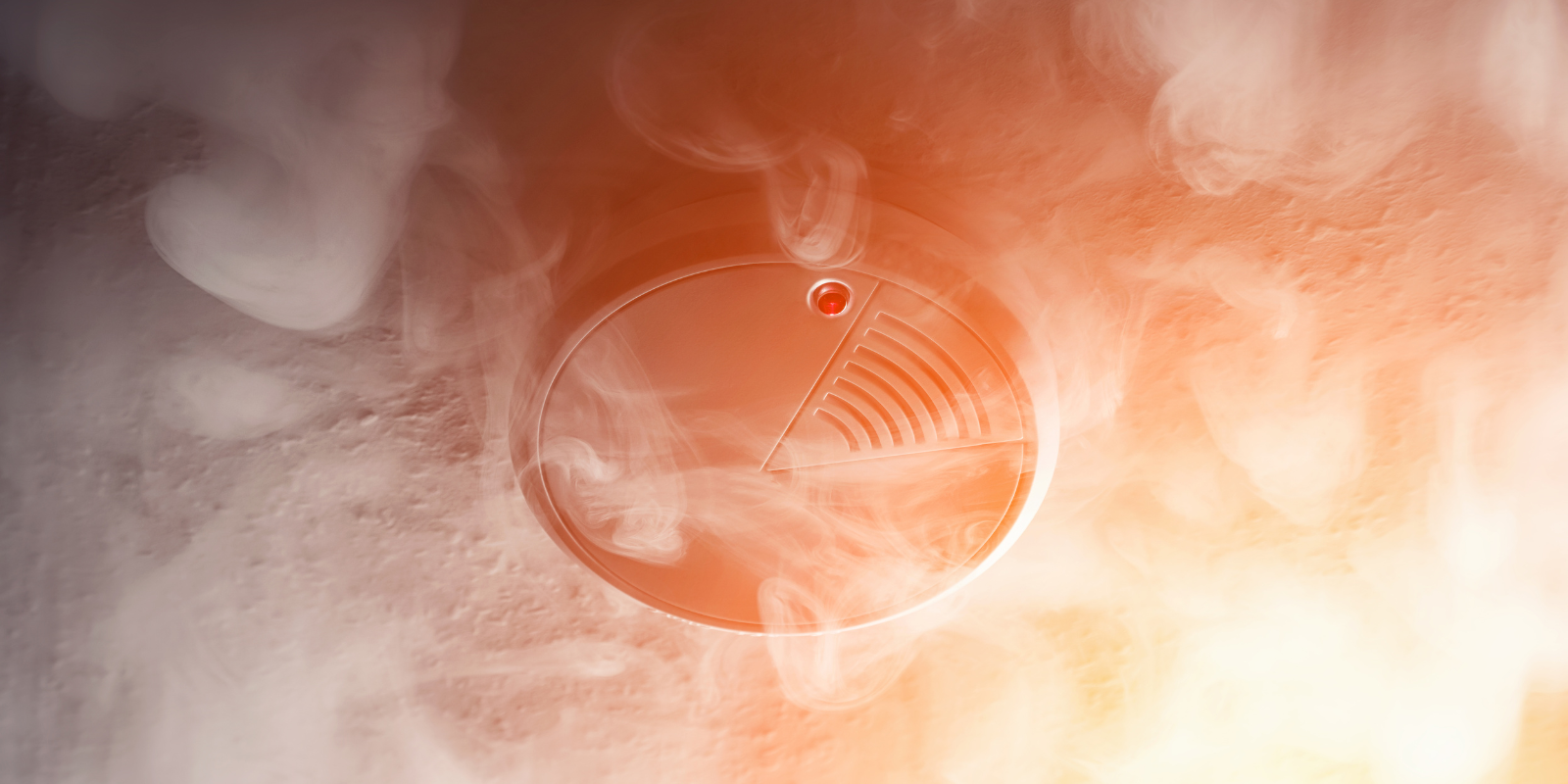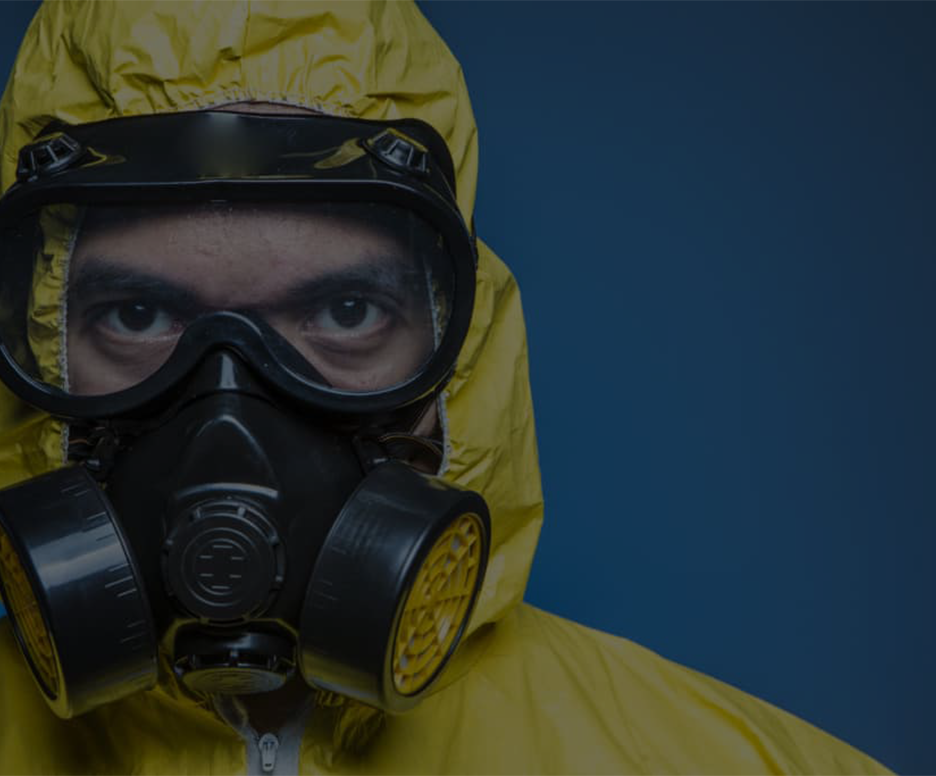![Fire Prevention Safety Tips For The Summer [Must-Know] Fire Prevention Safety Tips For The Summer [Must-Know]](https://911waterdamageexperts.com/wp-content/uploads/2022/01/Untitled-design-38.jpg)
Fire Prevention Safety Tips For The Summer [Must-Know]
By: 911 Water Damage Experts
Summer is a time for outdoor activities and relaxation, but it’s also important to be mindful of fire safety.
In this article, we will explore essential fire prevention tips to help you protect your home and loved ones during the summer months.
We will also discuss common causes of summer fires, how to clean up and restore your home after a fire, who to call for fire damage cleanup, and address frequently asked questions about summer fires.
Let’s get right into it.
1. Fire Prevention Tips
Properly disposing of cigarettes and ashes: Ensure cigarettes are fully extinguished and disposed of in designated containers.
Safe usage and storage of flammable materials: Store flammable liquids, such as gasoline and lighter fluid, in approved containers away from heat sources.
Regular inspection and maintenance of electrical systems: Check electrical cords, outlets, and appliances for damage or signs of overheating. Replace or repair any faulty equipment.
Safe grilling practices: Keep grills away from flammable objects, never leave them unattended, and ensure they are properly extinguished after use.
Creating and practicing a fire escape plan: Develop an escape plan for your family and practice it regularly. Identify emergency exits and ensure everyone knows how to react in case of a fire.
2. What Are The Common Causes of Fires in the Summer?
Fires during the summer can have various causes. Some common ones include:
Improperly extinguished campfires: Ensure campfires are fully extinguished before leaving the area. Pour water over the fire and stir the ashes until they are cold to the touch.
Malfunctioning electrical equipment and appliances: Check electrical devices for any signs of malfunction or damage. Unplug appliances when not in use.
Fireworks accidents: Follow local regulations regarding fireworks usage and never attempt to relight or handle malfunctioning fireworks.
Outdoor cooking incidents: Exercise caution when cooking outdoors and keep a fire extinguisher nearby.
Unattended candles and incense: Never leave burning candles or incense unattended and keep them away from flammable materials.
Negligent disposal of fireworks or firecrackers: Dispose of used fireworks in a bucket of water and allow them to soak overnight before discarding.
3. How Do I Clean Up and Restore My Home After a Fire?
In the unfortunate event of a fire, follow these steps to clean up and restore your home:
Ensure personal safety: Only re-enter your home once authorities confirm it is safe to do so.
Contact professionals: Reach out to a fire restoration company for assessment and restoration services. They will evaluate the damage and provide guidance on the necessary steps.
Remove debris and salvage valuables: Clear out debris and salvage any undamaged belongings.
Address smoke and soot damage: Professional cleaners can use specialized techniques to remove smoke residue and eliminate odors.
Repair structural damage: Work with contractors to repair any structural damage caused by the fire.
Thoroughly clean affected areas: Clean walls, ceilings, floors, and furniture to remove soot and other residues.
4. Who to Call for Fire Damage Cleanup?
During fire damage cleanup, it’s crucial to reach out to the right fire damage cleanup professionals, including:
Fire restoration companies: These experts specialize in assessing and restoring properties affected by fire. They have the knowledge and equipment to handle cleanup and restoration effectively.
Insurance companies: Contact your insurance provider to report the fire and initiate the claims process.
Local fire department or authorities: Seek guidance from the fire department for safety inspections and recommendations on fire prevention measures.
5. FAQs About Summer Fires
How can I prevent wildfires while camping?
To prevent wildfires while camping, follow these tips:
-Choose designated camping areas and use existing fire pits or grills.
-Keep flammable materials away from open flames.
-Never leave a fire unattended and ensure it is fully extinguished before leaving the campsite.
-Check for any fire restrictions or bans in the area before starting a fire.
What should I do if my clothes catch fire?
If your clothes catch fire, remember to:
-Stop, drop, and roll to extinguish the flames.
-Smother the flames with a blanket or heavy clothing if rolling isn’t possible.
-Use cool water to treat any burns and seek immediate medical attention.
How can I protect my home from lightning strikes?
-To protect your home from lightning strikes, consider the following measures:
-Install a lightning protection system, including lightning rods, grounding systems, and surge protectors.
-Unplug electronic devices during a thunderstorm to prevent damage from power surges.
-Avoid using landline telephones during storms and stay away from windows and doors.
Are fireworks safe to use at home?
Fireworks pose inherent risks and are best enjoyed at professional displays. However, if legal in your area and you choose to use fireworks at home, follow these safety guidelines:
Read and follow the instructions provided by the manufacturer.
Keep a bucket of water nearby for disposal of used fireworks.
Keep a safe distance from the fireworks once ignited and never attempt to relight or handle malfunctioning fireworks.
What are the long-term health risks associated with smoke inhalation?
Long-term health risks associated with smoke inhalation include:
Increased risk of respiratory problems, such as chronic bronchitis and asthma.
Development of lung diseases, including chronic obstructive pulmonary disease (COPD).
Greater susceptibility to respiratory infections.
Higher risk of heart disease and stroke, especially in individuals with pre-existing conditions.
Remember, prioritizing safety and following proper precautions can help prevent fire-related incidents and minimize the potential risks associated with summer fires.
Conclusion
By following fire prevention tips and being aware of the common causes of summer fires, you can significantly reduce the risk of fire incidents in the summer.
In the unfortunate event of a fire, prioritize safety, contact professional fire damage companies for assistance, and take the necessary steps to restore your home.
Remember, fire safety is a collective responsibility, and being proactive can save lives and protect property.
If you have any questions about our article, “Fire Prevention Safety Tips For The Summer [Must-Know]” or need storm restoration services feel free to call us at 1-833-WE-DRY-IT any time 24/7/365 or chat with us on LiveChat or social media.
Related Posts
Fire Damage Restoration Articles
How to clean up after a house fire
Fire damage restoration checklist
Fire damage tips: 6 hazards property owners miss
How smoke from fires can negatively affect your health
What are the most common causes of house fires?
10 helpful smoke damage cleaning tips
Mould Removal Restoration Articles
5 Signs You Have Mould Growing In Your Walls
“Can I Remove Mould Myself?” Our Mould Removal Experts Have Answers
7 Must-Know Reasons Why You Should Get A Mould Inspection Before Buying A House
Does Mould Attract Bugs? Yes And Here’s What Kind And Why
How To Remove Mould From The Attic [Mould Prevention Tips Inside]
How Rain Causes Mould Growth-Prevention Tips Included
Must-Know Tips: How To Remove Mould In Your Basement
Water Damage Restoration Articles
What you can expect from a fire damage restoration company
Water damage prevention tips from the most common problems we’ve seen
Top causes of water damage in commercial buildings and how to find them
Must-know water damage tips: What to do after your house floods
What does good water damage restoration look like?
DIY water damage restoration and the hidden dangers
How to choose the right water damage company
Flast floods: What to do before, during and after a flash flood
What to do when your attic leaks?
Related Water Damage Services
Fire damage restoration services
Water damage restoration services
Emergency cleanup services
Mould removal services
Weather damage services


